it's lowkey theory
at the core of it: i read, i write, and i teach. sometimes, i hold space. i don't have much energy left for the other stuff.
I’ve always asked questions.
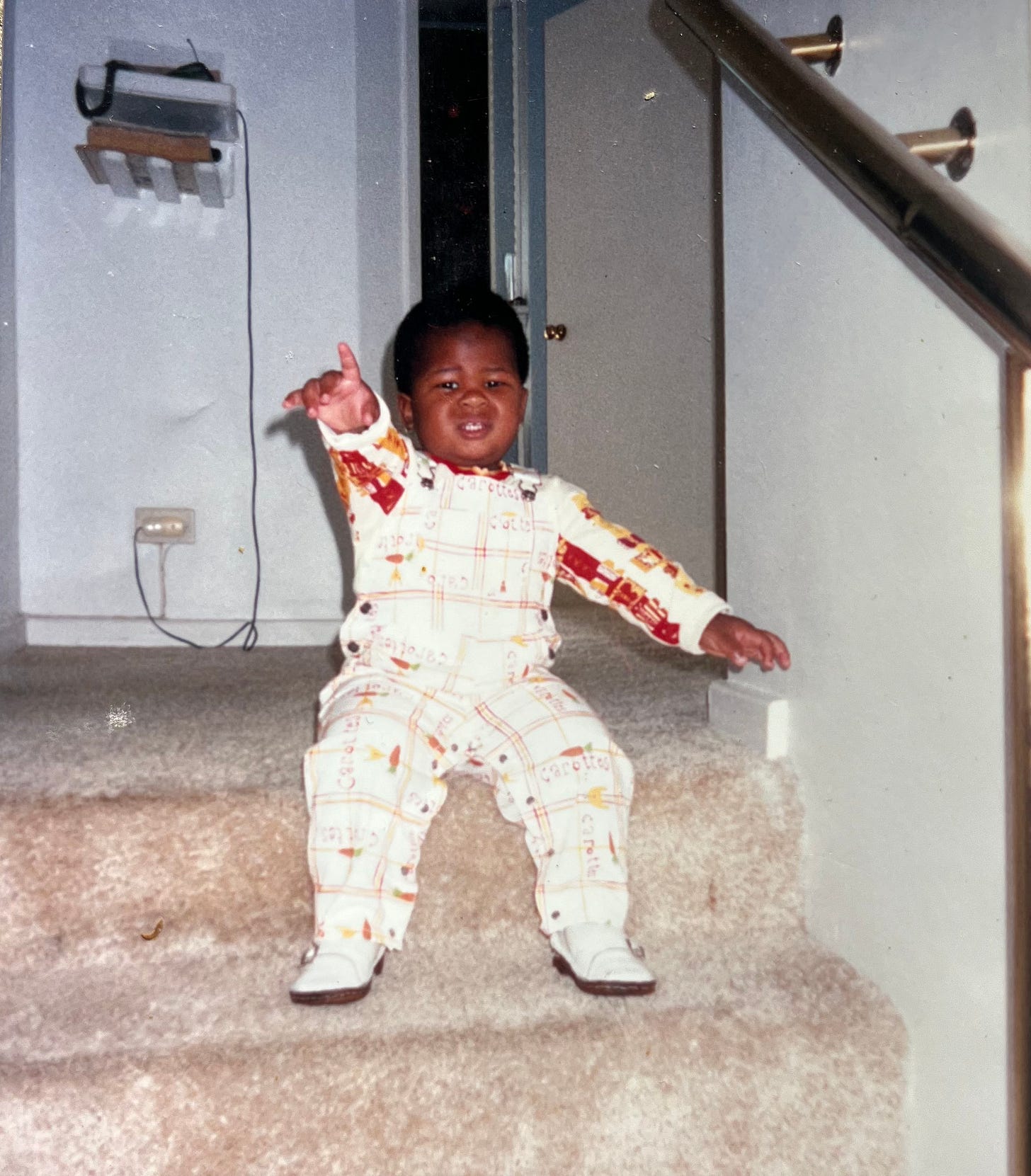
Questions Towards Autonomy
As a child, I questioned my mother at every chance I was given. There are so many reasons that both of us are thankful towards this today; however, at the time, I posed a consistent direct challenge to her authority which can be incredibly disorientating for any parent. Despite how deeply Mom treasures the ways in which I have taught her so much about life and living, trying to take care of a young human with so many opinions on your parenting was extremely challenging. Whether it was a bed-time curfew or a request for me to organise my wardrobe, she was unable to set a rule without me questioning it. In adulthood, I am able to articulate my desire to ‘know’ and understand Mom and I’s pre-school conflicts with retrospective wisdom. Look, I was curious about a number of things, but mostly:
what about being a parent made a person more knowledgeable about a child’s needs than the child themselves, so much so that it gave them authority on the child’s behaviour as well as the responsibility to control it, and
why should a child sleep by a certain time and why should clothes be kept solely in a wardrobe and why should that wardrobe be organised.
These questions, albeit ‘common sense’ to some people, were important to me. So important that it was only after they were answered that I was able to act in a way that lead to household peace. Once I understood - in action - that my mother was once a child with needs who was now an adult with years of life lessons in her toolkit coupled with a deep desire (and social burden) to take care of me and once I understood - probably also in practicing living with consequences - the value of a good night’s sleep as well as the ease of a clothing organisational system that was suited to my needs (long live the Everything Chair, long live); I was able to negotiate rules with Mom that worked for both of us. Without asking the questions I had, without seeking answers, we may never have co-developed our parenting-childing style and we may not be healthily nor care-full-ly living together as we have the past year. In these ways, I used questions not just as a mode of understanding the world at a time where the world and its ways were so foreign to me, but also as a way of enabling my autonomy in a relationship that is societally constructed as authoritative.
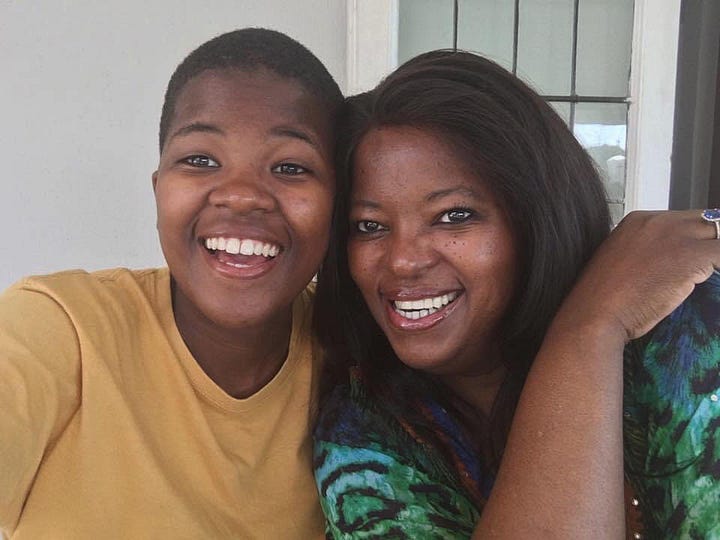
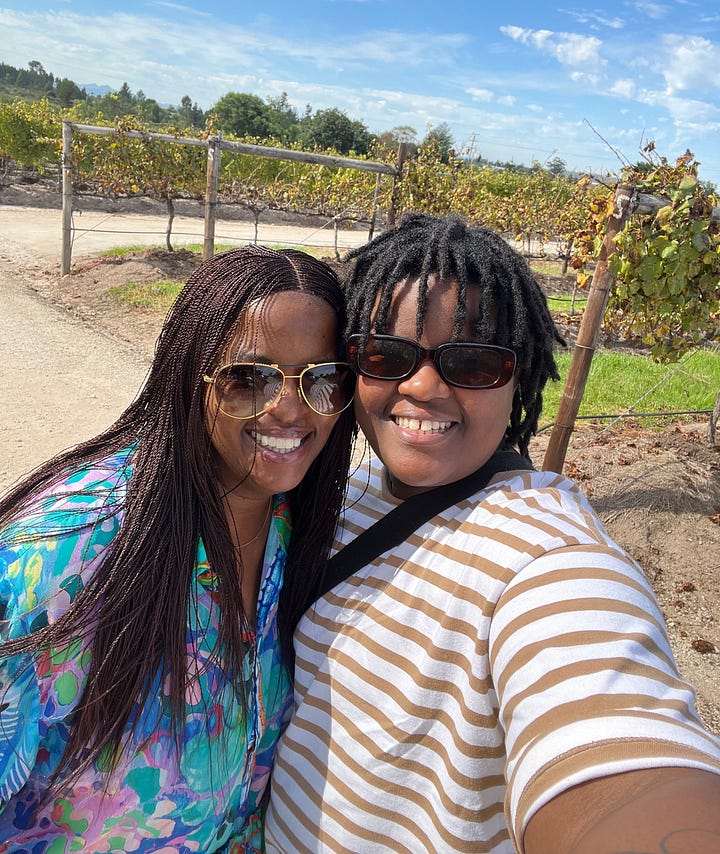
Questions Towards Purpose
In primary and high school, I ‘studied’ exclusively through the classroom interaction: I paid attention, I was aware of the exact moment at which the content stopped making sense to me, and I asked questions with the hopes of building an understanding of what was being taught to me such that I could adequately believe I ‘knew’ it. Given the above stories of childhood curiosity, it comes at no surprise that I continued to wonder why, who, what, how, when, and where at every juncture. The big questions were why was I in school, who did my hours at school serve, what was the purpose of teaching or learning, how was I expected to behave as a student, when would I use the knowledge I gained, and where was the knowledge applicable. Luckily for me, my teachers were capacitated with the exact skills to respond to my inquiry (still, many had very little patience to extend towards me, my peers, or themselves).
It helped that I was conventionally smart. My out-of-curriculum questions were assumed to be in good faith, rather than as a disruptive distraction to the status quo. As someone terrified of getting in trouble who often unintentionally broke unsaid laws of socialising, coming across as non-combative when I tended to my innate desires to ‘know’ mattered. As a means of self-preservation, I clung to the most patient teachers, relying on them to fill the gaps of the ones who weren’t as willing to get philosophical with a child. It was in conversations with these patient people that I was able to clock the ways in which much of our learning was for the purpose of passing memory tests and that any valuable learning I wanted to do would be self-driven. I was able to build strategies for getting through school that allowed me to semi-effortlessly pass with mostly A’s so that I’d have extra effort leftover to put into building and maintaining social relationships wherein I could explore the questions that weren’t deemed appropriate in a classroom setting. Moreover, I built said strategies with the help of patient teachers (thank you Miss Penny & Mrs Williams, especially) who slowly became mentors for a young human for whom ‘common sense’ was deeply uncommon.
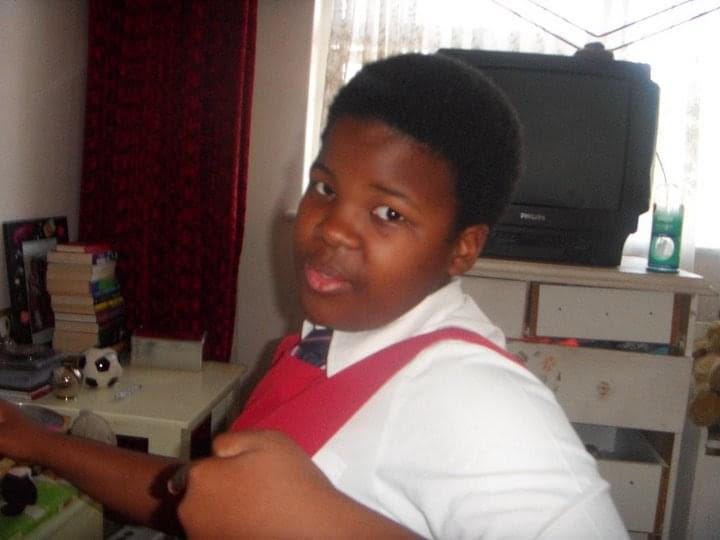
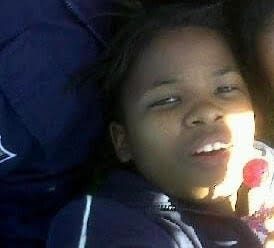
Questions Towards Selfhood
It astounds me that even in the confines of a carceral education system hinged on white supremacist ideals of “good” and “bad” behaviour that I managed to stay true to my desire for Knowledge. And it was in a slightly less prison-like education institution that I was able to quench my thirst for ‘knowing’ with slightly fewer barriers. University was my first Utopia. And, as you’ll come to learn, Academia was a false prophet, but in the beginning… when it felt like I was on the cusp of what genocidal European ancestors would call Enlightenment, it was actually fun. Here was a place for all the questions, all the time. There was, what felt like, ample opportunity for me to explore myself and my world, and I loved it.
Between sociology and anthropology classes, especially in my second year after the shock of moving cities subsided, I was flourishing. Sociology allowed me the space to learn about the macro movements of society, the politics that shaped nation states, and the overarching socio-economic conflicts across human existence. While anthropology gave me names for methods enquiry (auto-ethnography, field work, affective theory, vulnerable observation, and anarchy included) that I had been deep within from a very young age. Moreover, being involved in #RhodesMustFall, #FeesMustFall, and The Trans Collective - whether as an active observer or as a law-fearing body “at the frontlines” - helped me orientate my social justice towards grassroots decolonial praxis, rather than neoliberal faux-revolutionary activism. My questions gained depth and my questions found themselves among other questions asked by over-thinkers just like me. To ‘know’ became an integral part of what it meant to be Siv Greyson; an entanglement I haven’t quite shaken off in my post-university years.
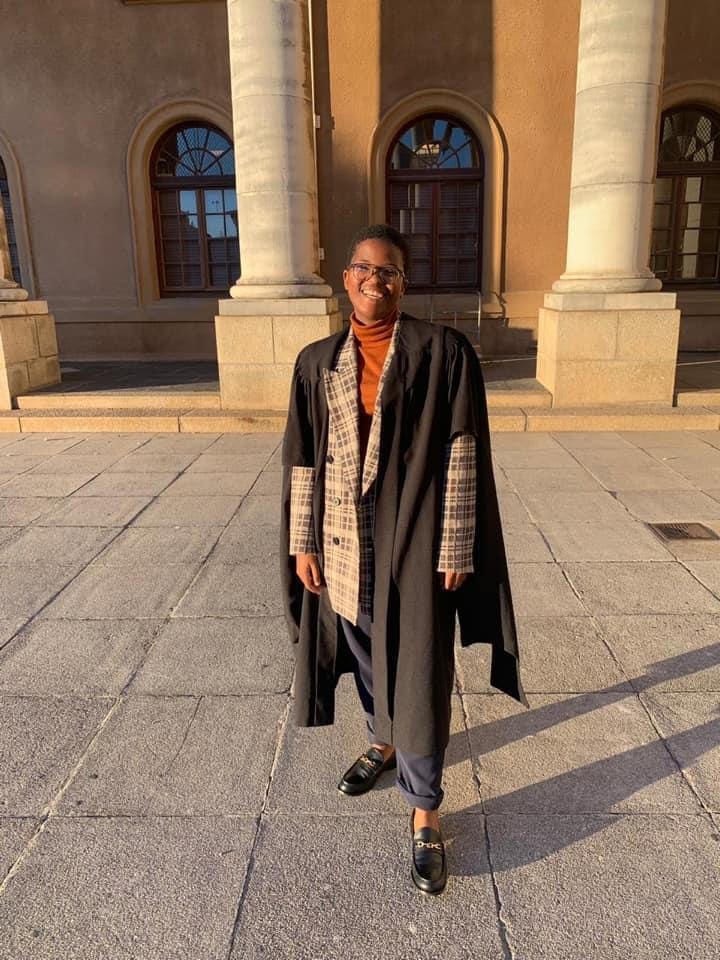
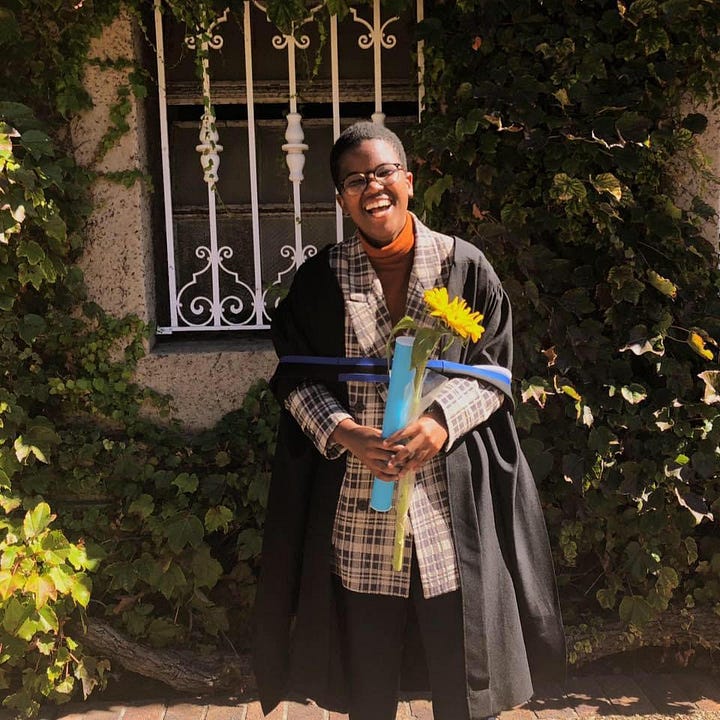
Questions Towards Liberation / Questions Against Capitalism
At a student plenary held during #FeesMustFall sometime in the year 2017, Qondiswa James (oh comrade, my comrade) gifted a crowd of students with a life-altering question. We had gathered to decide the course of events for the next day and, during this specific plenary, many students were in attendance. Qondiswa wondered, as did many comrades, why so many were willing to attend the plenaries yet so few showed up to the planned protests to be physically present at moments of conflict with the university. They then asked us to ask ourselves: “What do you want? And, what are you willing to do to get what you want?” In the context of the plenary, Qondiswa pushed us to reflect on how deeply we desired free education and pushed us to articulate the limits of what we were willing to do to fulfil our individual (and collective) desire. This question has stayed with me and found its way into my subconscious, lifting to the surface at moments where I’ve needed clarity.
As much as I painted a pretty picture of my university years, the self-actualisation journey I underwent came at a cost. Like umfana journeying to become indoda, I lost something along the way; a piece of me I am still struggling to recover. I repeat, university was my first Utopia and Academia is a false prophet. Universities are institutions of higher learning. Institutions of higher learning are businesses who profit off the production (read: the theft) and sale of Knowledge. And, while the social sciences and the departments that teach in the humanities do what they can to be resist against white-supremacist cishetero-patriarchal Capitalism, unfortunately, their capacity for change does not live up to their dreams of collective liberation. Okay, you know what, let’s just name names.
The person who taught me Karl Marx - the person who taught me how to unpack and criticise the very foundations of Capitalism as we experience it today in order to enact in me an ability to be in tune with Workers and a skepticism of financial powers that claim their power did not originate from enslavement - privately argued, in the face of a burdening Tutors Union being established at our university, that the tutors in their department lobbying for their labour to be more adequately (read: fairly) compensated ought to teach for the love of teaching rather than greedily desire riches. Note: at the time of the Tutor Union talks, tutors at the university were paid an amount that had not changed in over a decade. You know what changes a lot in a decade? The cost of living. I digress.
The person (you won’t believe this but it really was a different person) who taught me a handful of lectures exploring the South African economy - from trade unions to residual Apartheid policies - publicly argued for socio-political analyses of South Africa to be focused solely on class dynamics rather than pointlessly including reflections on race and racism. And while my white schools exposed me to many forms of the “we no longer need to be thinking about race” perspective, it was jarring to hear said perspective in a class centred on the analysis of society.
And yes, they were white women. Conversely, my lecturers who lived the lessons they taught often occupied precarious positions in the university. Those lectures were usually Black, Coloured, or Indian, from lower-class backgrounds, survivors of a gruelling immigration process, and/or overstretched by the needs of their students who consistently looked to them for help with navigating the institution. My genuinely radical lecturers suffered at the hands of an institution that constantly forced them to fight for their legitimacy; forced them to fund their own way through their careers, forced them to jump through bureaucratic hoops that their white counterparts consistently bypassed, and often forced them to exist in insecurity as contracted workers instead of permanent staff. Simultaneously, I witnessed as many of my far braver comrades across various sites of protest were brutalised by private security and criminalised by the university while our revolutionary elders had to negotiate threats to their jobs leveraged against them in the face of their support of student protestors. And my sweet naïve younger self was heartbroken. University was my first Utopia and Academia is a false prophet.
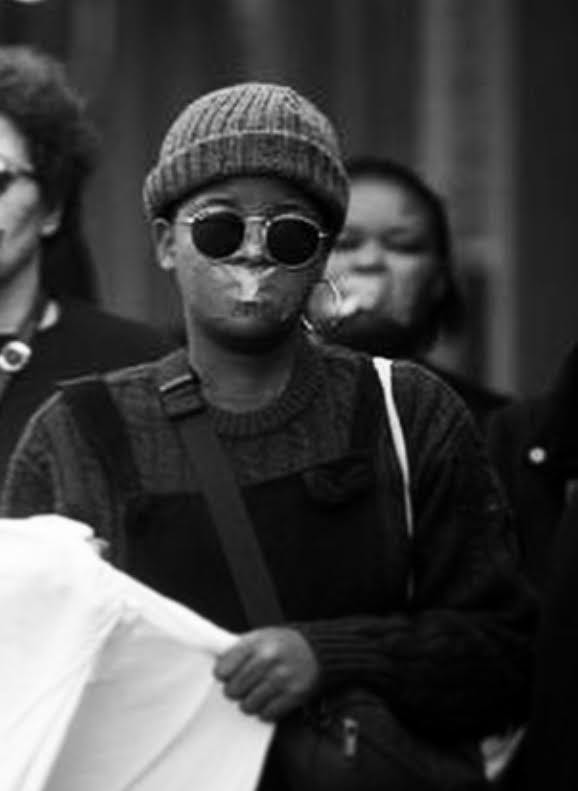
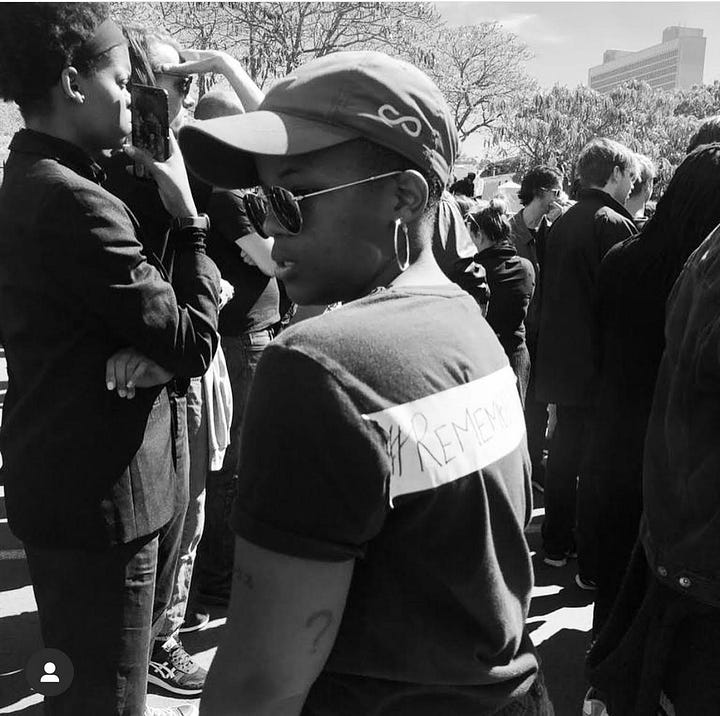
Questions Towards Life-Giving Knowledge
Disillusionment made me regret consciousness. Asking questions started to feel like a dangerous act; a rebellion. My sense of self dwindled and I lost the will to weather the answers to my questions. Yet, my desire to ‘know’ (‘know’ people, ‘know’ histories, ‘know’ about the complexities of life) remained. To exercise this muscle: I turned inward, trying to gather some ‘sense’ through exploring who I was, what I experienced, and who I wanted to be. This was a hard process and one that seems to never end.
Self-discovery is a hard process and one that seems to never end. It’s taken years and more: dropping out of an international masters program, being hospitalised after suicidal ideation triggered by conflict with the VC of my university, leaving a severely demanding job, and moving back to my hometown to name a few things. However, one could say, it was worth it. The journey of self-discovery spurred by my Autism diagnosis has been life-giving. See, the one question that followed me from childhood well into adulthood, regardless of how deeply I tried to hide parts of myself, is: why are you like this? And, despite years without language, I found many answers to the question at various posts of my life. “I’m an only child,” “I’m queer,” “I’m an anarchist” could account for a lot; but it wasn’t until I was diagnosed with autism that the question was sufficiently answered. My autism diagnosis as well as the time I’ve spent learning how to show up for my support needs while diving deeper and deeper into disability liberation communities, it was revealed to me that the ‘this” in “why are you like this?” referred to my weirdness, my quirkiness, my genius, my spark or whatever else kind people in my life named the uncanny parts of me. And, there was (no, is!) nothing wrong with me. I am like this because I am like this - no further questions, please.
Embracing my brain helped me punish myself less for who I was, embracing my brain helped me reorientate myself towards a way of life that was meant for me rather than a life that was forced upon me, embracing my brain helped me make decisions for my body that held my capacities in mind, and embracing my brain allowed me to name ableism as a force of subjugation that I had been suffering since birth. All of this has resulted in an intimate long-term practice of dreaming a liberated state of being and becoming where:
I am inherently ‘valuable’ simple because I exist. Thus, I am ‘doing enough’ even when I am doing nothing.
I allow my Big Feelings to flow through me. And, I am taken seriously because of (not despite) them because empathy is a form of intelligence.
Utopia is already exists in my life; present in my trans body, my breath, my inner voice’s gentleness, my most intimate romantic or platonic relationships, and in the foundations of my work.
Yet again, through diagnosis of all things, Knowledge was safe for me again. Asking questions and seeking knowledge was/is safe again because Knowledge (here, in this) is an avenue for revitalising my autonomy, purpose, selfhood, and freedom.
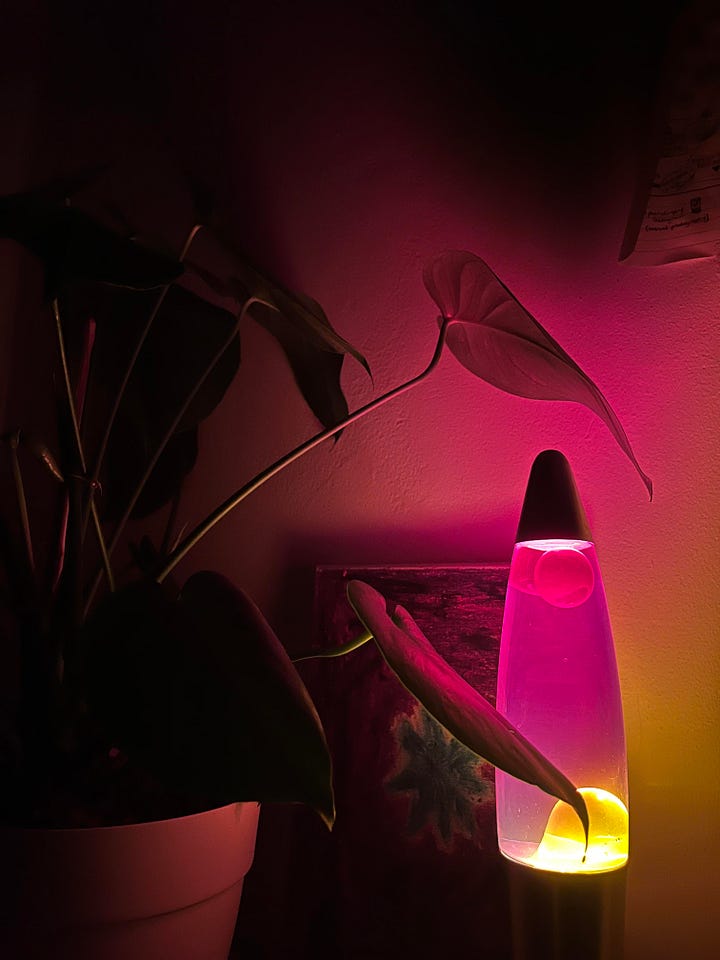
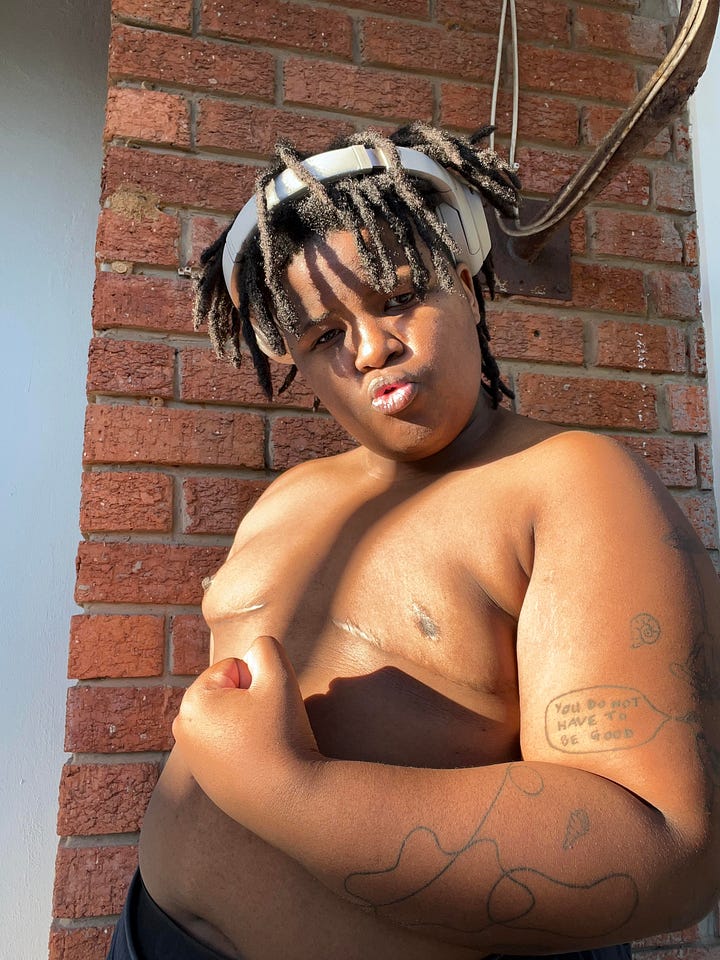
Questions Towards Play
The past few years of my life have had themes. I have had (a) Year(s) of Realising Things (haven’t we all), a Year of Relinquishing, and this year is a Rear of Reclamation. After surviving autistic burnout, reclamation is a gift directly from the passage of time. We all shed parts of ourselves as we get older, mostly in order to slowly slim our spirit into a strict mould of ‘growing up’. But in the spirt of autonomy, purpose, selfhood, and freedom - I am taking this year (perhaps, the next few years) to reclaim the things I did not want to shed. I am reclaiming a number of things but those most relevant to this here publication are: naming my knowledgeable insights as theories, embracing my pallet for academic (and non-academic yet deeply intellectual) literature, tending to my need to be yapping constantly both as a mode of regulation and a source for content-creation, and, finally, my gift for writing, teaching, and holding space (something I hope to do through it’s lowkey theory).
Reclaiming writing, teaching and holding space have been the most difficult. My love for these forms of soft resistance and artistic expression continues to grow stronger than my fear of being seen in progress. However, this is not without self-doubt. It was Audre Lorde who argued that the masters tools will never dismantle the masters’ house. The university is a house of mastery of its own and the university is where I sharpened my gifts of writing, teaching, and holding space. It’s in sociology and anthropology classes that I found more complicated (yet informative) language to play with, through which I connected some of my favourite thinkers (textually and interpersonally), and it’s at the University of Cape Town that my gifts of writing, teaching, and holding space owned and sold on the academic marketplace by predatory academics claiming ownership over my ideas who were just trying to further their own careers. Publishing my essays here instead of going through the rigmarole of academic publishing is an intentional decision. It is not only a means of protecting my ideas but it is also a way of using whatever tools of mastery I was given to do something different with them. Think of it this way: somehow, I managed to gain entry into the masters house. I left the masters house bruised and bleeding, but not without several of the masters tools hidden away in my pockets. I took them home with me and used them in ways that defied their initial purpose. And out of that process, emerged this blog.
So, here goes the first essay. This essay (that I spent many months ruminating on) is (hopefully/probably) the first of many I will publish through this platform. Ultimately, if you’ve read this far I hope for a few simple things. I hope that you learned something. I hope that you now ‘know’. And I hope that you continue to ask questions… I ‘know’ I will.





I’m on this journey too - found you by way of a Devon Price chat comment that really resonated. So looking forward to more of your writing and theorizing through your body and experience. 🤍